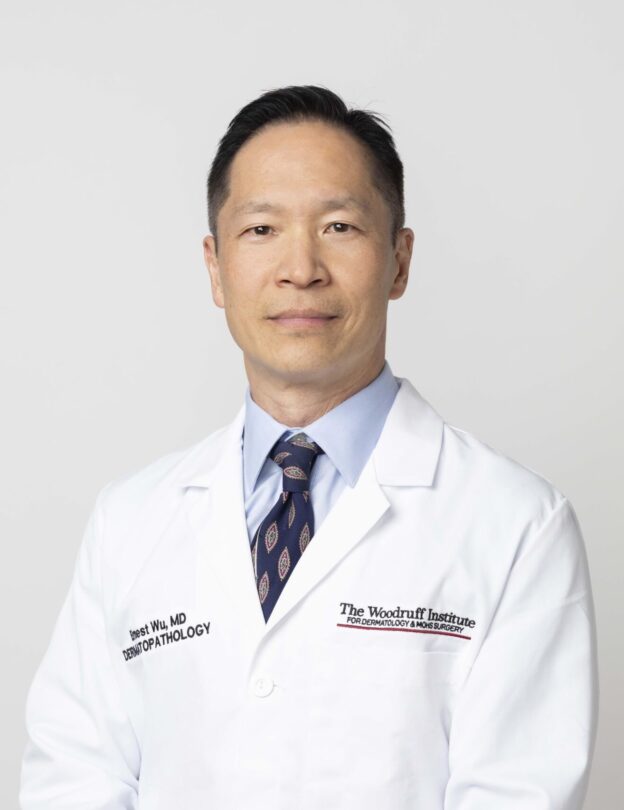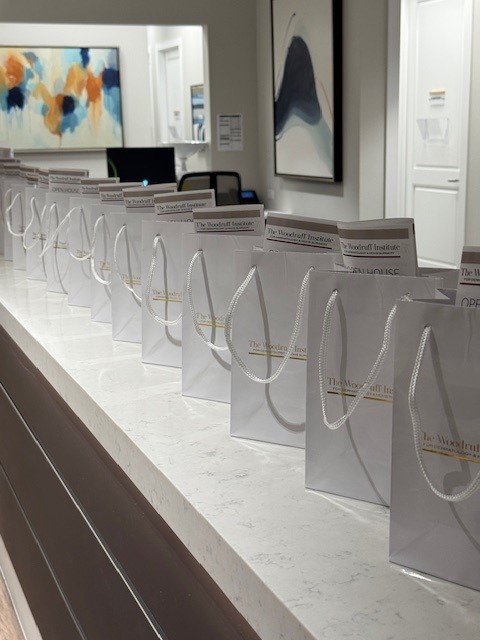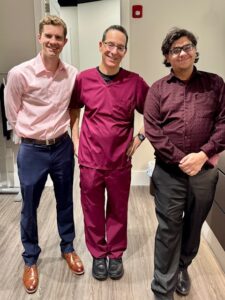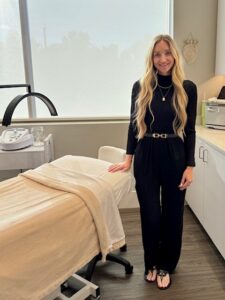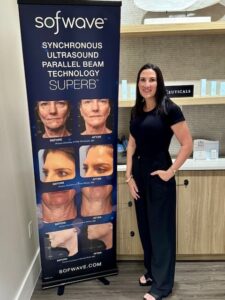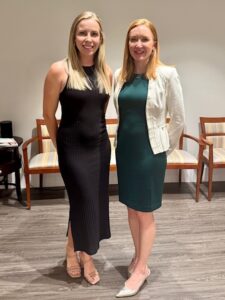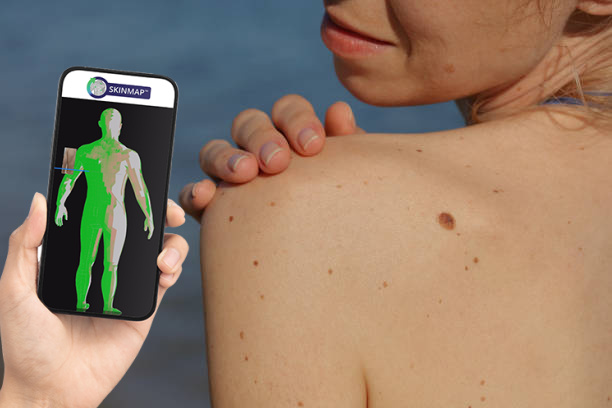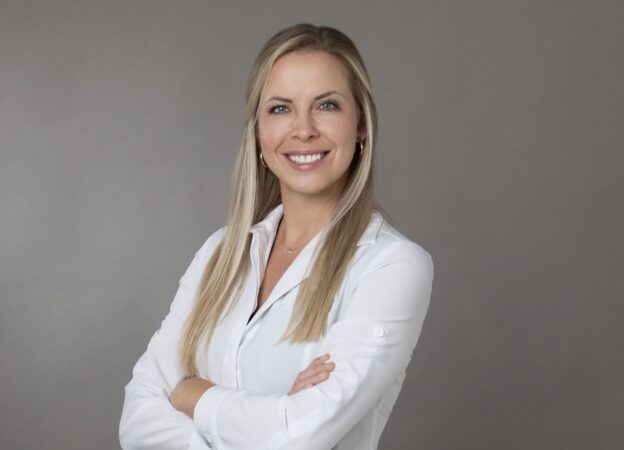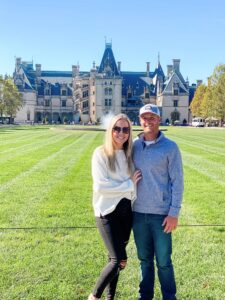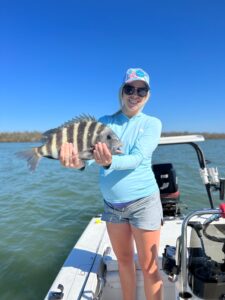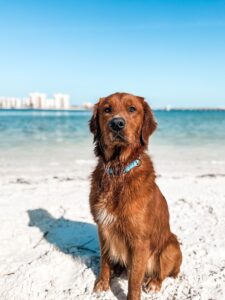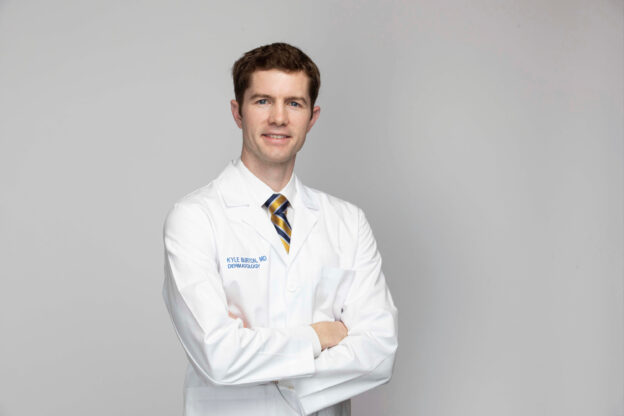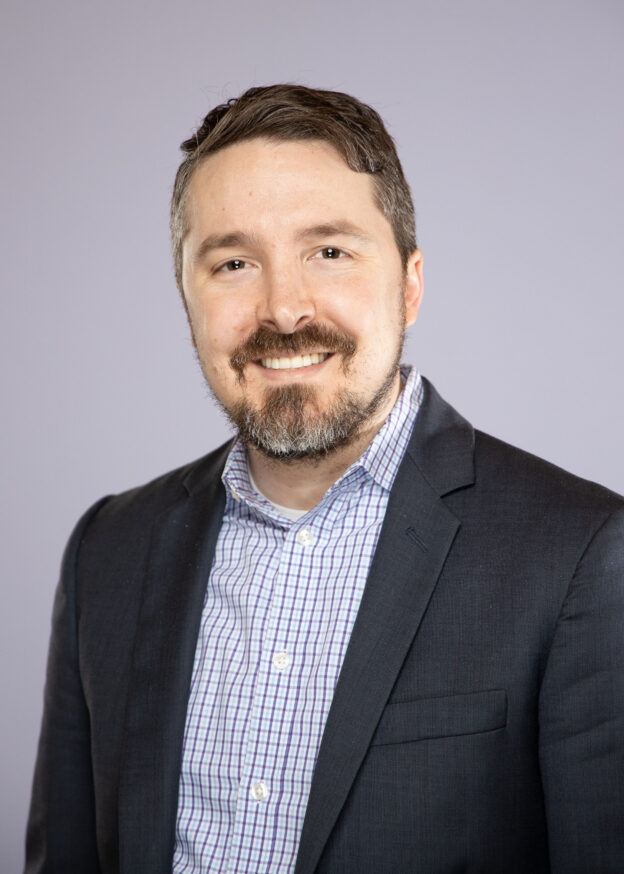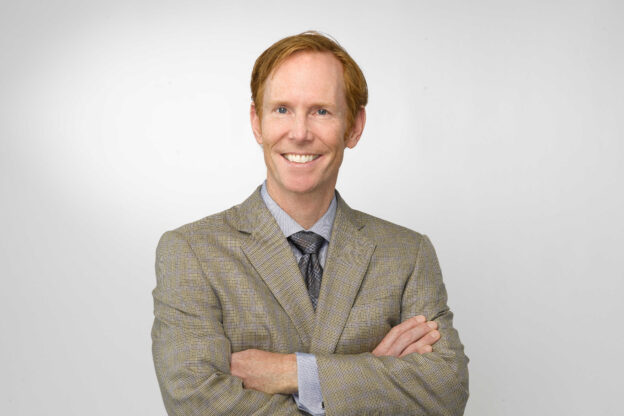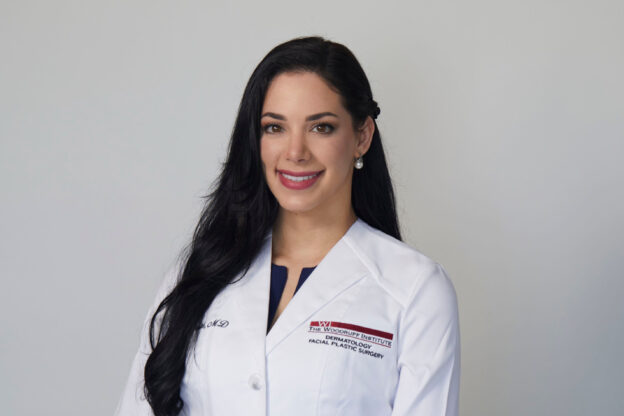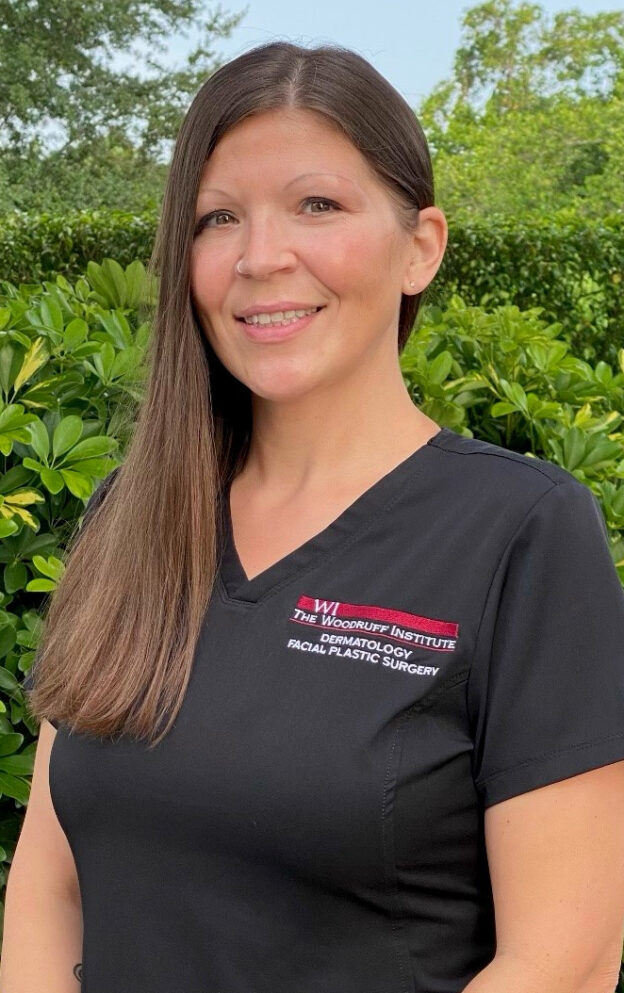Dr. Ernest Wu was born and raised in the Cleveland, Ohio area and attended The Ohio State University and received a B.S. degree in microbiology. He was accepted early decision to The Ohio State University College of Medicine where he was awarded the Emerick Von Hamm excellence in pathology award. As an avid skier and mountain biker, he was thrilled to go to the University of Colorado for both internship and residence where he was also chief resident. He stayed at University of Colorado as their first ever fellow in surgical pathology. He did an additional fellowship in dermatopathology at Weill Cornell Medical Center at New York Presbyterian Hospital in New York City. At Cornell, Dr. Wu as a fellow met Dr. Lambert who was chief resident in dermatology at the time. Dr. Wu has practiced pathology and dermatopathology in Southwest Florida for over 22 years and spent many years on staff at Naples Community Hospital.
